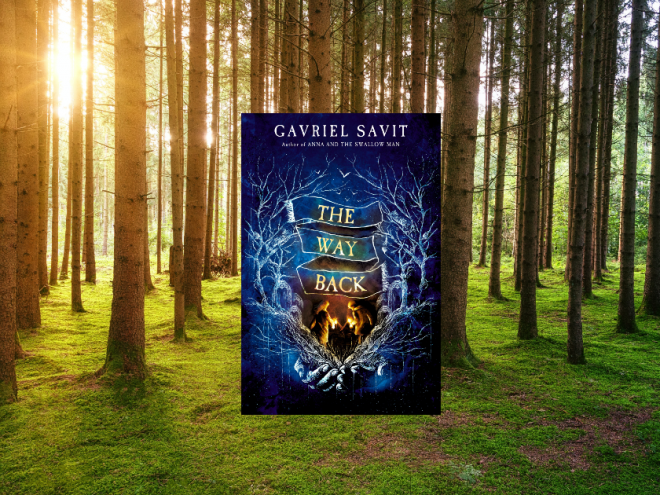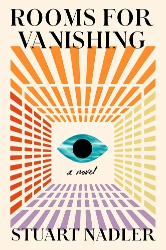When her father is taken in the purge of intellectuals from Krakow in 1939, Anna is 7 years old and alone in a city with little kindness left to spare. She meets a mysterious man with more promise than those her family once called friends, and together they set off with urgency to go away rather than toward anything.
Winding through the back forests of Poland with Anna and her Swallow Man — the only name he will give her — we catch glimpses into the minds of an academic and a highly intellectual child as they attempt to survive the impossible circumstances of an escalating World War together.
What does Anna know about the world around her? Of the fate of her loved ones and companions? What does she understand, and how far will she suspend her imagination to still believe in goodness? How far can she walk before what feels inevitable?
Anna and the Swallow Man is a book billed for ages twelve and up, but as Anna’s father once said, “Men who try to understand the world without the help of children are like men who try to bake bread without the help of yeast.” Readers who have delved deeply into Holocaust literature and history will still have what to discover in Anna’s story.
Part fairytale, part magical realism, and part psychosocial exploration of what it may mean to grow up surrounded by horror, this short novel cannot be contained within its pages. An exquisitely haunting narrative written in prose that dances, Gavriel Savit’s debut will take your breath away.
Interview with Gavriel Savit
with Shira Schindel
Jewish Book Council sat down with Gavriel Savit to discuss his debut novel, Anna and the Swallow Man, the velvety mind of Borges, Holocaust fatigue, and the beauty of not knowing. Much like the experience of reading his compact and inspiring book, in talking with the author we learned a lot in a short amount of time.
Shira Schindel: I personally loved Anna and the Swallow Man, and can’t wait to pass it on to friends and family. Does it surprise you that most of those with whom I intend to share it are not children?
GS: It’s interesting how when you write a story that’s centered around a young woman, it gets received as being on the more juvenile side, and that’s an unfortunate reality of the way we think of women’s narratives in the world right now. But, it also sort of opened the book up a little bit. I didn’t immediately think of it as a child’s narrative, but I do think it’s fundamentally a story about a magical time and mindset in childhood, the immediacy of which a lot of us forget as we get older.
I also think we are very fortunate right now that what has traditionally been considered generic fiction — speculative, detective, children’s — is falling by the wayside. Young adult narratives are en vogue. There’s no shame in reading a book we enjoy.
SS: What about Holocaust narratives? There are many out there who say we’ve published enough books on the subject matter.
GS: I admit I also have a degree of Holocaust fatigue. There is so much out there that seems to tread the same ground over and over again. A lot of it, for me, devolves into misery porn and I don’t want that.
There is a book I read by Yan Martel, Beatrice and Virgil, that deals with the difficulty of introducing art and story into the space of World War II and Holocaust narratives. There is so much art created about the Holocaust, and a lot of it seems to be very concerned with portraying horror. With is obviously real and no one would ever want to minimize the horror of that time and place.
It seems to me, however, that human beings live full lives even in the most atrocious of situations, and it’s somewhat regrettable that it’s not always possible to see the nuance in human experience within these terrible situations. That, I feel, is one of the most fascinating things: How do you grow up surrounded by this horrible danger?
But maybe the answer is simply: What is the alternative?





